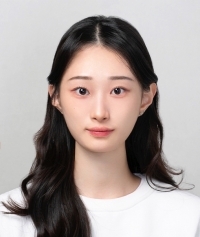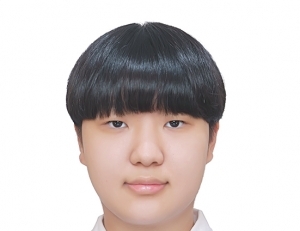Euthanasia has long been at the center of debate. Euthanasia, which means ‘merciful death,’ is a system that allows near-death patients suffering from pain to choose intentional death to escape from pain. For patients who are about to die due to a major or difficult-to-treat disease, the quality of their lives is significantly reduced. They often determine for themselves that they cannot even maintain human dignity. Euthanasia can protect their dignity by giving them the right to decide their own death. However, no matter how difficult the situation is, the act of ending life is a serious choice. Also, there is considerable opposition from those who worry about risks of abusing economic benefits or unethical euthanasia.
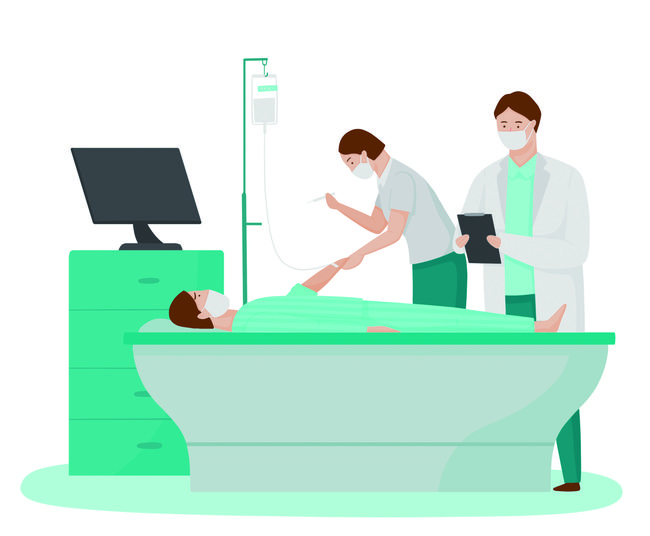
On Dec. 28, a terminally ill patient in Korea submitted the first constitutional petition for euthanasia. Lee Myung-sik, a terminally ill myelitis patient, starts every morning with convulsions. He already takes the strongest pain and narcotic analgesics that can be prescribed. He joined the Swiss association Aid in Dying in January of last year, hoping that he could protect his human dignity. However, he hesitated after hearing that his daughter, who has to go to Switzerland with him, could be punished for suicide assistance under domestic law. As a result, Lee eventually submitted a constitutional petition demanding the legalization of assisted death.
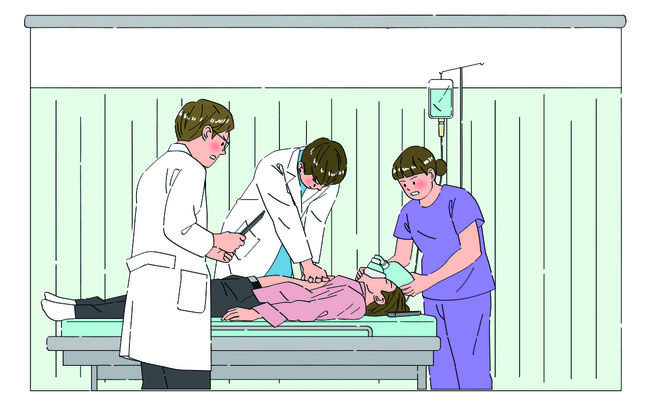
Euthanasia is divided into ‘active euthanasia’ and ‘passive euthanasia’ depending on the method. Active euthanasia actively advances death, such as administering drugs to a patient. Passive euthanasia stops treatment to extend the patient’s life and causes death gradually in nature. The method of not performing CPR on patients with cardiac arrest is a representative example of passive euthanasia. Active euthanasia is not possible in Korea, but passive euthanasia is possible. As social discussions on euthanasia progressed, Korea also moved to prepare a related system, which is the Life-Sustaining Treatment Decision Act that took effect in February 2018. The Life-Sustaining Treatment Decision Act allows patients to stop life-sustaining treatment, such as CPR, ventilator, blood dialysis, and administration of anticancer drugs. However, this law is limited to terminal cancer patients or patients who are in the process of dying and can express their opinions on their own. Recently, as life expectancy and interest in ‘dying well’ has increased, the number of registers for ‘Advance Directives,’ those who express their intention not to receive life-sustaining treatment, is increasing every year. In addition, according to a poll of 1,000 adults conducted by Hankook Research in July of last year, 82 percent agree with allowing Aid in Dying. There are people who cannot maintain human dignity when in constant pain. Nevertheless, they cannot choose their own death in Korea. Controversy over euthanasia is constantly rising, but we need to think about what a ‘dignified death’ is.
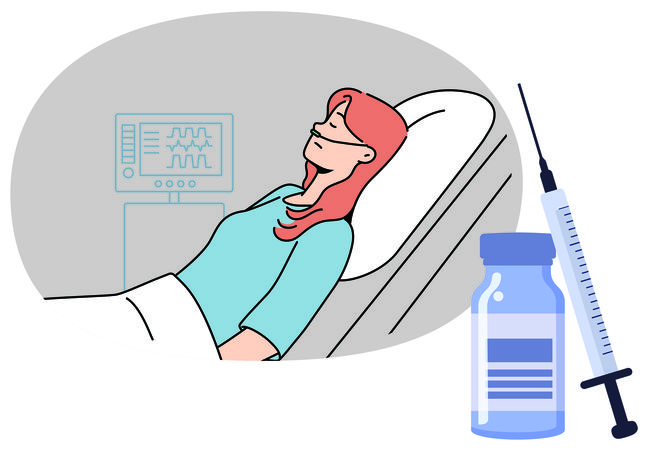
Various countries have legalized active euthanasia. Some countries in the Americas, Europe, Australia, and New Zealand have now legalized it. The Netherlands was the first country in the world to legalize active euthanasia in April 2002. In the Netherlands, various discussions on euthanasia took place faster and more progressively than in any other country. Initially, active euthanasia was permitted only for individuals over the age of 12 suffering from incurable diseases of the brain and cardiovascular system. The government has imposed an age limit. However, in April 2023, the age limit was extended to include children under the age of 12. Meanwhile, in many countries, young patients have been excluded from euthanasia due to their inability to express their own opinions. However, the medical community has spoken out about lifting the age limit. This is because many terminally ill patients under the age of 12 endure severe pain. As can be seen, discussions on euthanasia in the Netherlands are still actively taking place even after legalization.
In contrast to the Netherlands, where discussions on euthanasia unfolded quickly, the neighboring country of the UK remains skeptical. What is the reason? In the UK, discussions on euthanasia do not stop, but the government is constantly rejecting the issue. The main reason is religion. The British Parliament devotes 26 Senate seats to Anglican bishops and archbishops. This is why there is a significant religious influence. In the Christian faith, euthanasia is opposed because it violates the sixth commandment prohibiting murder. Until now, the UK has been a country where more than half of the population is Christian. However, according to the 2021 United Kingdom census results released by the National Statistical Office, the Christian population in the UK has fallen below half for the first time. According to this social trend, there is an opinion in the UK that the status of state religion should be abolished so that the Anglican Church can no longer exert much influence. There is a growing sentiment that the religious influence of the Church of England is considered irrational.
The voices advocating for euthanasia acceptance are growing around the world. Recently, discussions on accepting euthanasia have been taking place in Korea. Institutionalization in a rule-of-law country such as Korea has a great weight. If we understand the weight of laws, the arguments of opponents that the institutionalization of euthanasia can lead to lighter cognition of death are not absurd. In addition, the possibility of being abused as an issue directly related to human life can’t be ignored. However, currently, euthanasia is not allowed for everyone but is only allowed for patients who are suffering from severe and incurable diseases. Therefore, it is also necessary to consider it as welfare for patients suffering from extreme pain. In Korea, euthanasia is well-known conceptually, but it is not a topic that is discussed socially. However, for better growth, discussions on active euthanasia should be conducted based on various perspectives.
78th Reporter • KIM DA ON • daonda0904@naver.com
78th Reporter • LEE HYEON SEO • zzhs00@naver.com
- TAG
-
 Freedom Given to Youth: An Opportunity for Choice or a Burden of Constraint?
“Are we truly free today?” Classical literature is far more than time-honored stories. It offers profound insights into human nature and society that transcend time, remaining a valuable resource for examining the challenges our world faces today. This article will draw on George Orwell’s 1984 and Charles Dickens’ Oliver Twist to explore the contemporary issues of youth housing and the emergence of a surveillance society ...
Freedom Given to Youth: An Opportunity for Choice or a Burden of Constraint?
“Are we truly free today?” Classical literature is far more than time-honored stories. It offers profound insights into human nature and society that transcend time, remaining a valuable resource for examining the challenges our world faces today. This article will draw on George Orwell’s 1984 and Charles Dickens’ Oliver Twist to explore the contemporary issues of youth housing and the emergence of a surveillance society ...

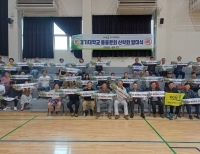 [단신] 산악회, 본교 동문의 버팀목이 될 수 있도록
[단신] 산악회, 본교 동문의 버팀목이 될 수 있도록
 [사회메인] 노인 인구 1,000만 시대, 준비 없는 사회가 불안해
[사회메인] 노인 인구 1,000만 시대, 준비 없는 사회가 불안해
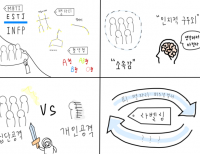 [네컷만화] 라벨링 문화
[네컷만화] 라벨링 문화
 [진리터] 결국 우리 모두 돌아볼 것이니
[진리터] 결국 우리 모두 돌아볼 것이니

 목록
목록







